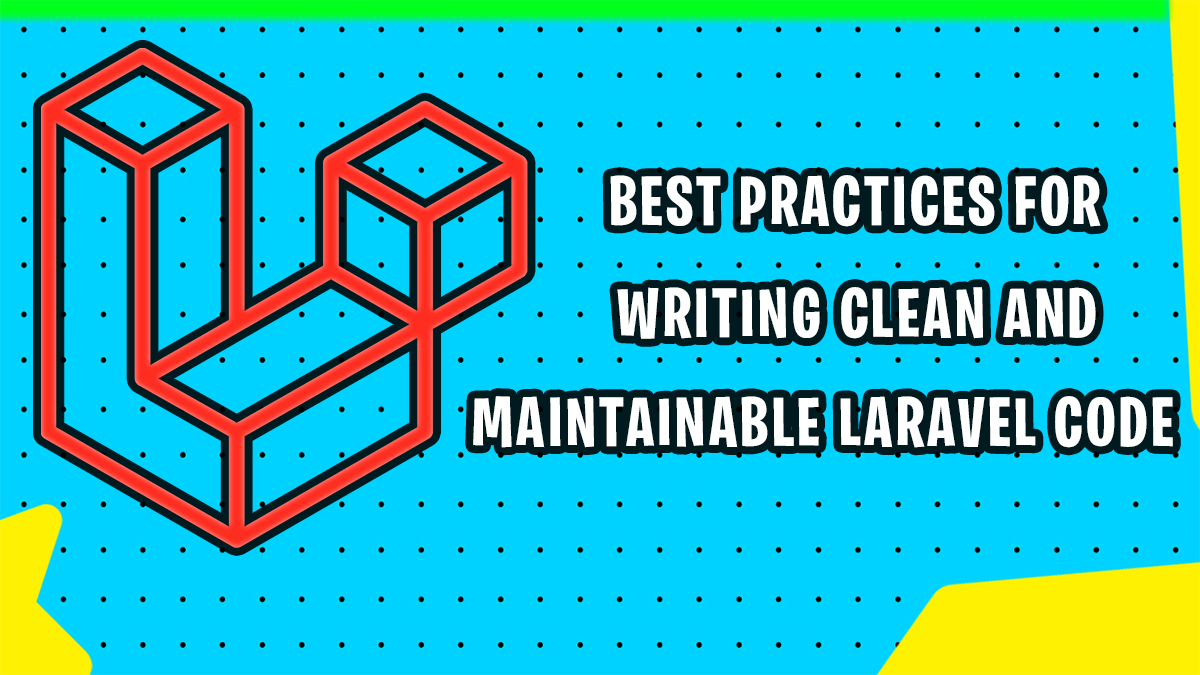When developing Laravel applications, writing clean and maintainable code is essential for the long-term success of the project. Clean code is easy to read, understand, and modify, while maintainable code ensures that future changes can be made without causing unintended consequences. In this post, we’ll explore some best practices for writing clean and maintainable Laravel code.
Follow Laravel’s Coding Standards
Laravel has established coding standards that every developer should follow. These standards include guidelines on file organization, class and method naming, variable and function naming, and more. Adhering to these standards ensures consistency in code style, which leads to code that is easier to read and understand.
Use Meaningful and Descriptive Names
Using descriptive and meaningful names for classes, methods, variables, and functions is critical for clean and maintainable code. Avoid using abbreviations or single-letter variable names, and make sure to use names that accurately describe what the code does. This makes the code self-documenting and easier to understand.
Write Concise and Readable Code
Concise code is not only easier to read but also easier to maintain. Write code that does one thing and does it well, and avoid long and complex code blocks. Break down complex logic into smaller, more manageable functions and use comments to explain any complex code.
Keep Your Code DRY (Don’t Repeat Yourself)
Repeating the same code in multiple places can lead to maintenance issues and bugs. Instead, extract common functionality into reusable functions or classes. This not only reduces code duplication but also makes it easier to modify the code in the future.
Use Meaningful Comments
Comments are an essential tool for documenting code and explaining complex logic. Use comments to explain why code is written in a certain way, what the code does, and any potential issues or gotchas. Avoid using comments to explain what the code does, as the code should be self-explanatory with meaningful and descriptive names.
Write Unit Tests
Unit tests ensure that your code works as expected and allows you to catch and fix issues early on. Write tests for each function or class and make sure to test edge cases and error handling. This not only ensures that your code is working correctly but also makes it easier to modify and refactor code in the future.
Keep Security in Mind
Security is a critical aspect of any web application, and Laravel provides many security features out of the box. Make sure to use Laravel’s built-in security features, such as CSRF protection, encryption, and validation, to ensure that your code is secure.
Conclusion:
Writing clean and maintainable Laravel code is crucial for the long-term success of your project. By following these best practices, you can write code that is easy to read, understand, and modify, leading to a more maintainable and scalable application. Remember to follow Laravel’s coding standards, use meaningful and descriptive names, write concise and readable code, keep your code DRY, use meaningful comments, write unit tests, and keep security in mind.
